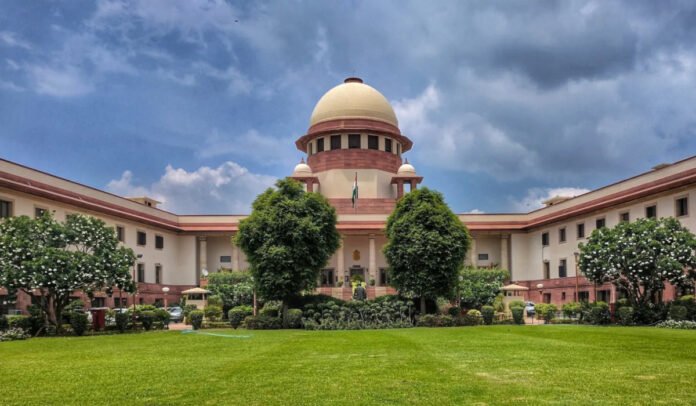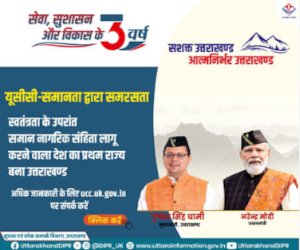The Supreme Court of India has issued a landmark directive that empowers the Election Commission of India (ECI) to proceed with its electoral roll revision process while ensuring the inclusion of all eligible voters. The ruling came in response to a petition from the ECI itself, which sought the court’s intervention to address procedural hurdles that had led to the exclusion of a significant number of voters, particularly in states like Bihar. This decision is seen as a major victory for the ECI’s efforts to modernise the electoral process and to ensure that every eligible citizen has the right to vote.
The core of the issue revolved around a number of voters who had been left off the electoral rolls due to a lack of proper documentation. The Supreme Court, in its ruling, has now allowed the use of the Aadhaar number as a valid form of identification for voter registration, a move that is expected to significantly streamline the process. The court also ordered the ECI to work in close coordination with all political parties to ensure that no eligible voter is left out. The court’s intervention is a clear message that the judiciary will not tolerate any attempts to disenfranchise voters and that all stakeholders, including political parties, have a responsibility to ensure a free, fair, and inclusive electoral process.
The ruling is a major win for the ECI, which has been under intense scrutiny from opposition parties over its handling of the electoral roll revision process. The ECI had argued that its actions were aimed at cleaning up the voter list and removing duplicate or non-existent voters, a position that the Supreme Court has now largely endorsed. The court’s decision provides a legal and constitutional backing to the ECI’s efforts and will help to restore public confidence in the electoral process. The ECI has welcomed the court’s decision and has committed to working with all stakeholders to implement the new directives in a timely and transparent manner. The new rules are expected to have a far-reaching impact on the electoral process in the country, especially in states with a large number of transient or rural populations.

























